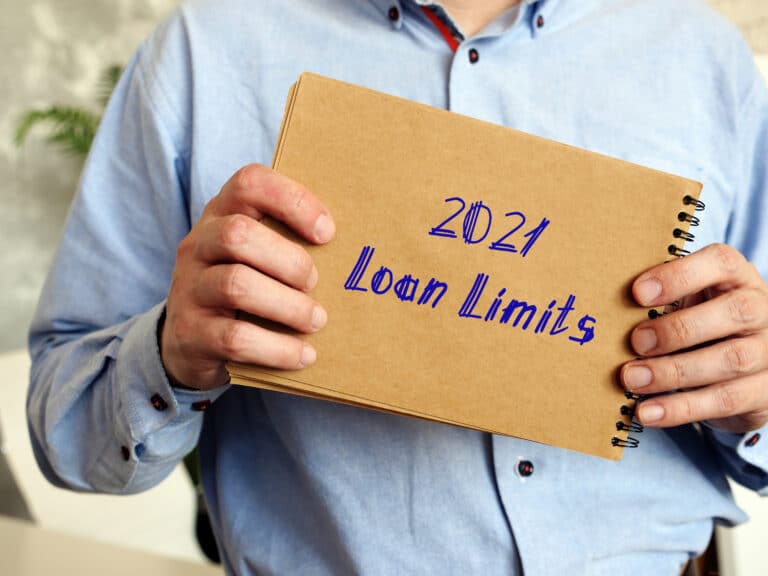
The Federal Housing Finance Agency recently revealed the 2021 mortgage ceiling for conforming conventional and VA loans.
If you’re looking for a mortgage, whether to buy or refinance, the rest of this piece will explain what this entails.
In 2021, how will mortgage limits change?
Single-family residences in the lower 48 states are subject to the $548,250 conforming loan limits. The limit in Alaska and Hawaii is $822,375. The loan limitations for 1-unit properties in high-cost areas will be set on a county-by-county basis, and could go as high as $822,375.
Multifamily properties with two to four units will also have a greater conforming loan limit.
- $702,000 for 2 apartments
- $848,500 for 3 apartments
- $1,054,500 for 4 units
When Does Your Mortgage Have These Limits?
The FHFA sets the limitations for conforming conventional loans purchased by Fannie Mae and Freddie Mac, two government-sponsored enterprises.
When it comes to setting loan restrictions, the VA follows these guidelines as well. These modifications will apply to VA loans that close after January 1, 2021.
FHA loans are exempt from these restrictions. Unlike conventional and VA loan restrictions that are determined nationally, FHA limits are set on a county-by-county basis. The FHA lending restrictions will be determined at a later date and will apply to loans made after the new year.
Conforming loan restrictions have been increased, giving consumers more power. It allows those who currently own a property to take more money out of the equity in their home. It also allows purchasers to borrow a larger loan amount while putting down less money, as little as 3% in some situations. While this isn’t a small sum, it doesn’t have to be your entire life savings, and it will help you get closer to your goal of homeownership. A VA loan does not demand a down payment.
Jumbo vs. Conforming Loans
A jumbo loan is required if you require a mortgage that exceeds conforming lending limitations. Because of the larger loan amount, you’ll have to meet some additional standards to offset the lender’s or investor’s greater risk in the mortgage.
Most jumbo mortgages require a down payment of at least 10.01 percent. The amount of money you’ll need for a down payment on a VA jumbo loan is determined by your credit score ratings and the loan. Must be an active member, army or navy, or with a surviving spouse whose service member died in line of duty or as an outcome of disability is going to be eligible for VA loan.
You’ll need more reserves in addition to a larger down payment. Reserves are money held in a separate account, usually a savings account, that are not used in the mortgage transaction. The cost is usually expressed as a number of mortgage payments, which includes principle, interest, property taxes, homeowners insurance, and, if necessary, homeowners association dues.
While it varies depending on who is invested in your loan, 2 months’ worth of reserves is a fair rule of thumb for homeowners searching for a conforming loan. However, depending on the loan amount, whether you’re a first-time home buyer, and the size of your down payment, you may need to have 6–12 months’ worth of reserve payments if you acquire a jumbo loan. If you live in a multi-unit building, you’ll need to set aside an additional 6 months for each unit in addition to your principal dwelling. Jumbo loans, in many situations, will necessitate higher reserve reserves than conforming loans.
Finally, jumbo loans may necessitate additional paperwork.
These conforming loan limitations are significant since they are often easier to qualify for than jumbo loan amounts with greater limits. As a result, the restrictions have a significant impact on your purchasing power.